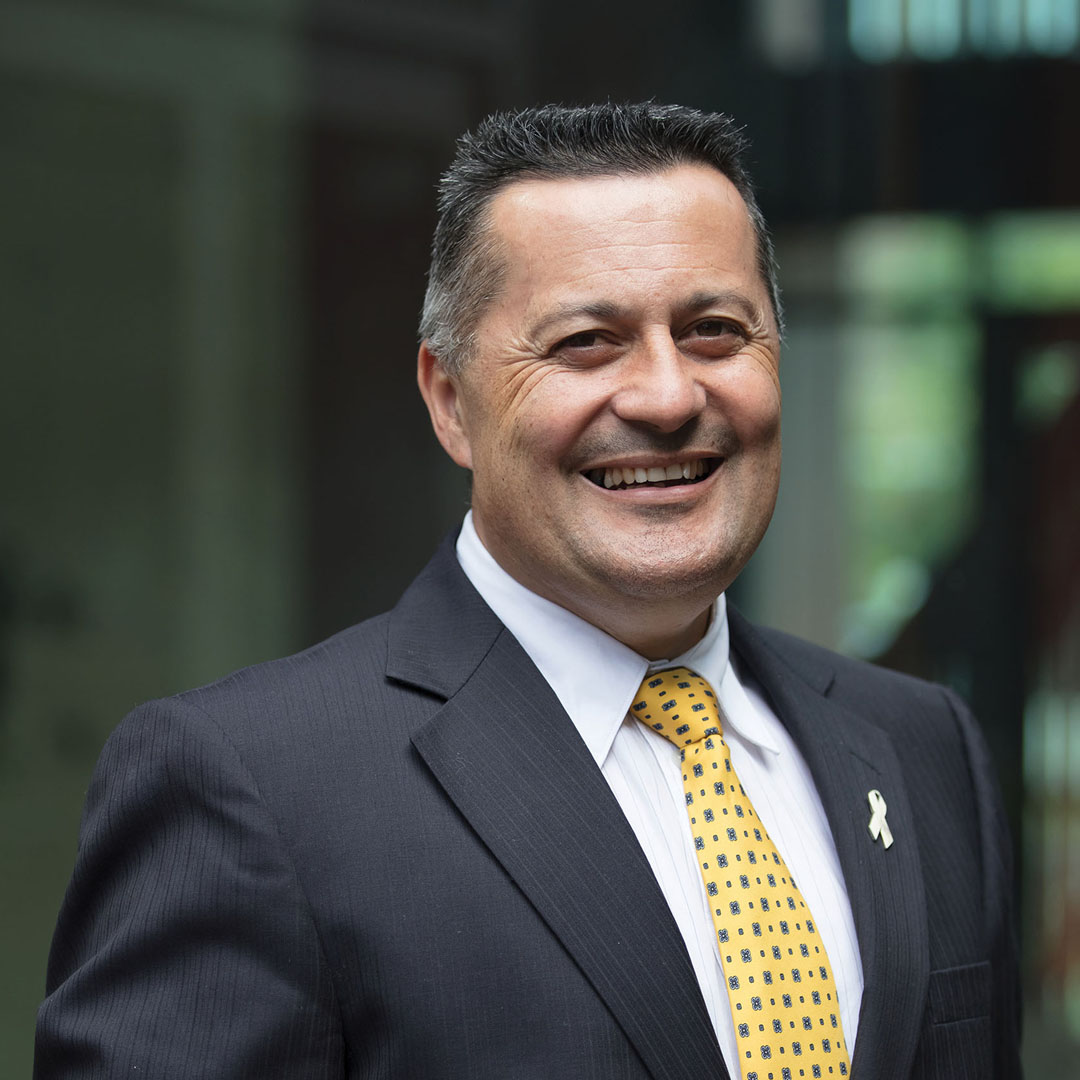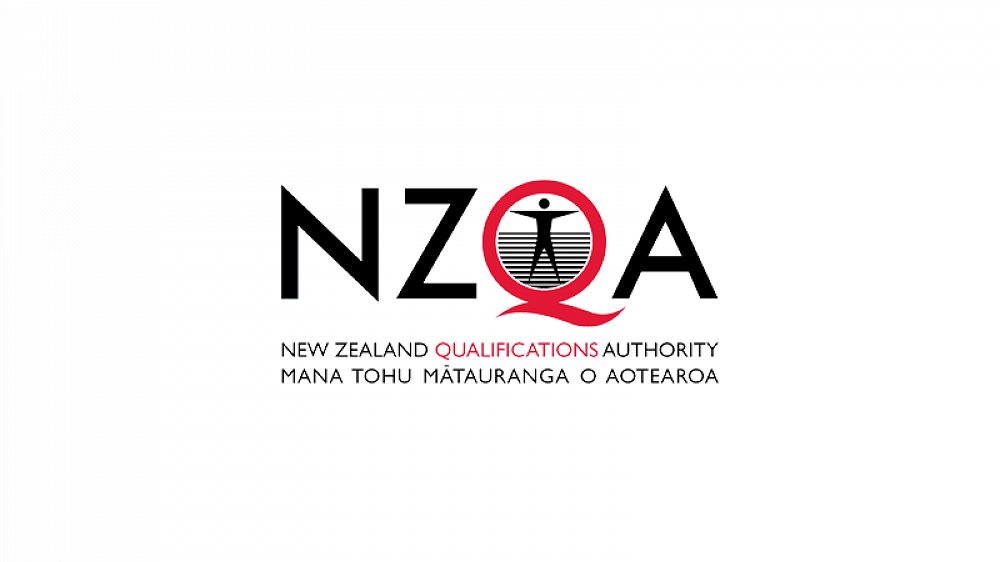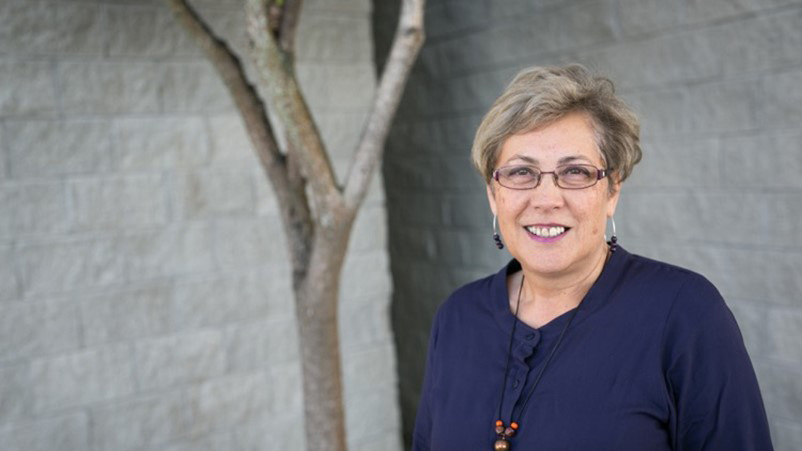Professor Wiremu Doherty: ‘Opting in’ to be on Māori roll promotes ongoing inequity in our electoral system
‘Opting in’ to be on Māori roll promotes ongoing inequity in our electoral system
I am Māori. So why do I need to ‘opt in’ to be on the Māori roll? This is a question I ask myself every time we have a local or general election in Aotearoa. Why isn’t every Māori, who is already registered as Māori on their birth certificate, for example, be by default, on the Māori electoral roll?
Is it because it’s seen as too complicated from an administrative point of view to split out the system from the outset? Or is it because of the representational impact of having every eligible Māori automatically enrolled on the Māori roll? I suspect the root cause is because of ‘politics’, rather than ‘logistics’.
When the Māori Party first came to be, I floated this idea with Peter Sharples – that all who identify as a Māori, simply go on the Māori roll. If they don’t want to be on the Māori roll when they get their ‘check if your enrolment details are correct’ papers, they can opt out then, and go on the general roll.
I want to raise this issue again as we head into the 2023 general election in October.
Previously, eligible voters could ‘opt in’ to be on the Māori roll when they first enrolled to vote, and then we could only change roll types during the Māori Electoral Option, which took place every five or six years.
From 31 March this year, we can change rolls at any time, except in the months before an election or before a parliamentary by-election if the change would move us into the electorate where the by-election is being held. This year, with the election on 14 October, Māori have until 13 July to change rolls.
Some would say this is making it ‘easier’ for us to ensure we are on the Māori roll if we want to be. But I say it’s not enough.
I say it should be simpler. If you’re Māori, the option should be to ‘opt out’ to be on the Māori roll, rather than have to manually ‘opt in’. Why do we have to go through an extra step to access what is our right?
In talking about ‘our right’ I also acknowledge that not every Māori wants to be on the Māori roll. I respect their decision.
In the 2020 General Election, 52.4 percent of Māori voters were on the Māori roll[1]. That’s only just over half of voters. This year, as at 29 March, 51 percent are on the Māori roll[2].
We’re lagging in numbers on the Māori roll. And that means we’re denying ourselves the opportunity to have a greater voice on issues that impact Aotearoa. Politically, I’ve always been on the Māori roll — simply to strengthen the voice of Māori in our public sector.
The number of Māori on the Māori and general rolls, together with the results of the census, are used to determine the number of Māori and general electorates.
The roll we are on impacts which candidates we can choose from in a parliamentary election. It impacts who we can vote for in a local body election. The more Māori we have on the Māori roll, the more Māori electorates we could potentially have.
If every individual who identified as Māori was on the Māori roll, and participated by voting, we would gain far greater representation in Parliament.
I look to the National Congress of American Indians, founded in 1944 – it’s the oldest, largest, and most representative American Indian and Alaska Native organisation serving the interests of tribal governments and communities.
It’s a lofty aspiration at this point to talk about a Congress of Māori, similar to the model of the National Congress of American Indians, but when we get to the crux of it, is that what we are scared of? The impact around representation?
For me, it’s more about a matter of principle, it’s about our constitutional right as Māori. We are not a minority in Aotearoa. We are the indigenous peoples of Aotearoa and each individual voice matters.
We’re often quick to highlight the numbers of Māori, or Pacific peoples, when it comes to talking about negative statistics. But when it comes to benefitting Māori, by potentially giving us greater representation, suddenly we must ‘opt in’ to being Māori.
It’s yet another barrier we must cross, and I believe it’s impacting how Māori engage in politics, and how many of us engage in politics.
Māori were not ‘conscripted’ into the Second World War – they volunteered. Participation was seen by some of our Māori leaders, included Apirana Ngata, as the ‘price of citizenship’. Ultimately, nearly 16,000 Māori enlisted for service during the Second World War, and by the time the latter ended in 1945, the Māori Battalion had become one of the most celebrated and decorated units in the New Zealand forces.
We’ve fought for Aotearoa, we’ve fought in the name of the Crown — willingly. So why, when it comes to representation in Parliament, does it still feel like we are second class citizens who must opt in to, in essence, ‘be’ Māori?
I’ve talked previously about why we need a greater focus on developing an education system that recognises the knowledge and skills unique to Māori and te ao Māori. That to do so requires an unequal and greater amount of resource that focuses on this to achieve equity for Māori in education.
The same concept applies when it comes to encouraging more Māori to engage in the politics, and future, of this country. We need to flip the system and put greater focus on encouraging Māori to be on the Māori roll so that we can achieve equity in the political space.
There is a sense that some people see to ‘be Māori’ is to also be anti-Pākeha and anti-establishment. This is not the case here.
I am Māori. And I’m proud to be Māori. But I’m not anti-establishment. And I’m not anti-Pākeha. I’m proud of my Pākeha heritage. For me, it’s a question of equity.
We’re currently propping up a voting system that in essence promotes inequities. We need one that in its focus on Māori, supports more equitable representation for all, and encourages Māori to vote.
I believe that having every eligible Māori automatically included in the Māori roll, and being given the choice to ‘opt out’ of the Māori roll, rather than have to manually ‘opt in’ in the first instance, can go some way towards helping achieve this.
- Professor Wiremu Doherty is Chief Executive Officer of Te Whare Wānanga o Awanuiārangi.
[1] Source: Report of the Electoral Commission on the 2020 General Election and referendums. Link: https://elections.nz/assets/2020-general-election/Report-of-the-Electoral-Commission-on-the-2020-General-Election-and-referendums.pdf.
[2] Source: Electoral Commission. Link: https://elections.nz/stats-and-research/enrolment-statistics/enrolment-by-general-electorate/.

Professor Wiremu Doherty (pictured), CEO - Te Whare Wānanga o Awanuiārangi
Whakapā mai/Contact us
For more information or to arrange an interview please contact us



